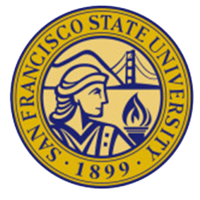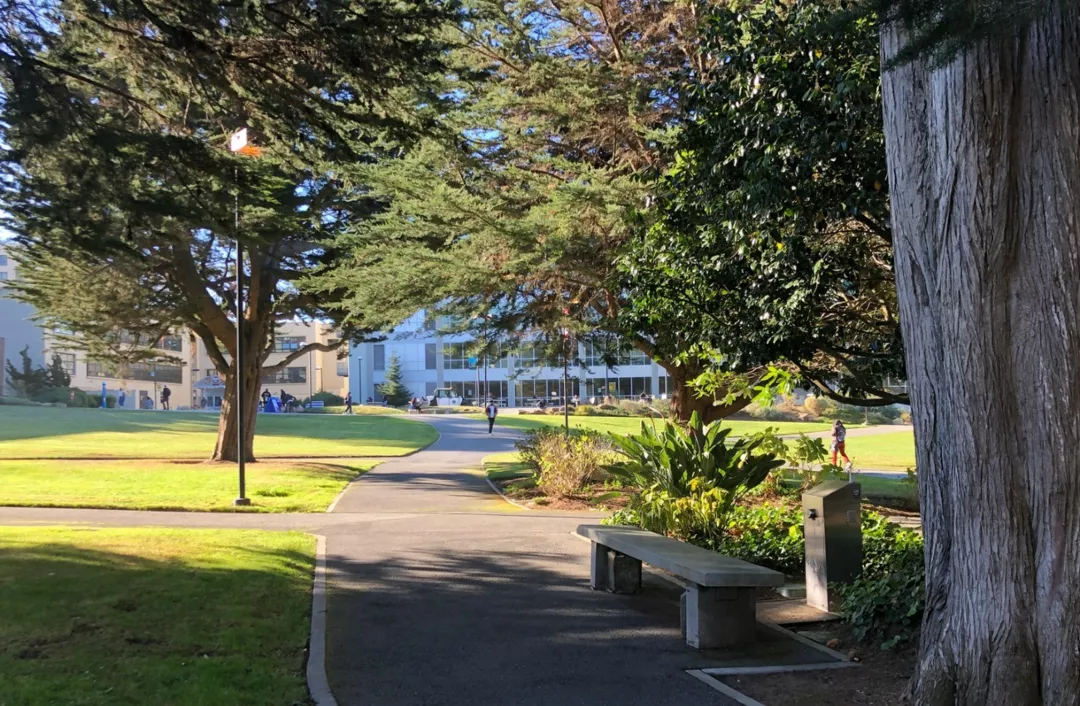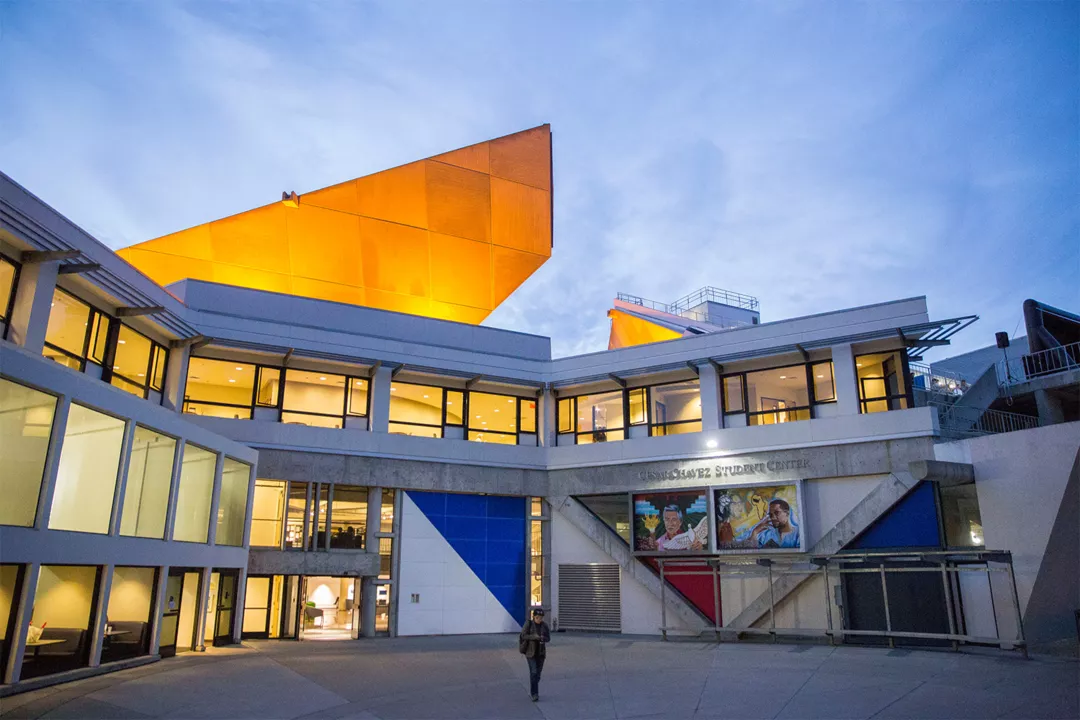-
hello@abroadcube.com
Mail us
-
Call For Help:
98779 83783
-
Whatsapp Us
70090 34921


The Master of Social Work (MSW) curriculum prepares its graduates for advanced practice through mastery of the core competencies supplemented by knowledge and behaviors specific to advanced social work practice and advanced social work competencies. Only a full-time program is offered. The program requires four academic semesters or two years of full-time study to complete.
Competency-based social work education is an outcome performance approach to the curriculum and includes measurable behaviors for each competency that are comprised of knowledge, values, skills, and affective and cognitive processes. This program learning outcomes are to teach students to demonstrate the integration and application of social work competencies in practice with individuals, families, groups, organizations, and communities. The nine core competencies for the MSW program, developed by the accrediting body the Council on Social Work Education (EPAS, 2015), are as follows:
| Level | Masters |
| Discipline | Arts and Humanities |
| Duration | 24 months |
| Intakes | Aug |
| Application Fees | USD 0 |
| Tuition Fees | USD 22644 |
| Campus | Main |
| Language proficiency (minimum) | |
| IELTS | 6.5 |
|---|---|
| TOEFL | 80 |
| PTE | 59 |
| Duolingo | 120 |
| Exam proficiency (minimum) | |
| SAT | Not Required / Waiver |
|---|---|
| ACT | Not Required / Waiver |
| GRE | Not Required / Waiver |
| GMAT | Not Required / Waiver |
Minimum GPA - 77%
QS Quacquarelli Symonds is the world’s leading provider of services, analytics, and insight to the global higher education sector, whose mission is to enable motivated people anywhere in the world to fulfil their potential through educational achievement, international mobility, and career development.
THE (Times Higher Education) has been providing trusted performance data on universities for students and their families, academics, university leaders, governments and industry, since 2004. We create university rankings to assess university performance on the global stage and to provide a resource for readers to understand the different missions and successes of higher education institutions.
The Academic Ranking of World Universities (ARWU) was first published in June 2003 by the Center for World-Class Universities (CWCU), Graduate School of Education (formerly the Institute of Higher Education) of Shanghai Jiao Tong University, China, and updated on an annual basis
The "Webometrics Ranking of World Universities" is an initiative of the Cybermetrics Lab, a research group belonging to the Consejo Superior de Investigaciones Científicas (CSIC), the largest public research body in Spain. CSIC is among the first basic research organizations in Europe. The CSIC consisted in 2006 of 126 centers and institutes distributed throughout Spain.


